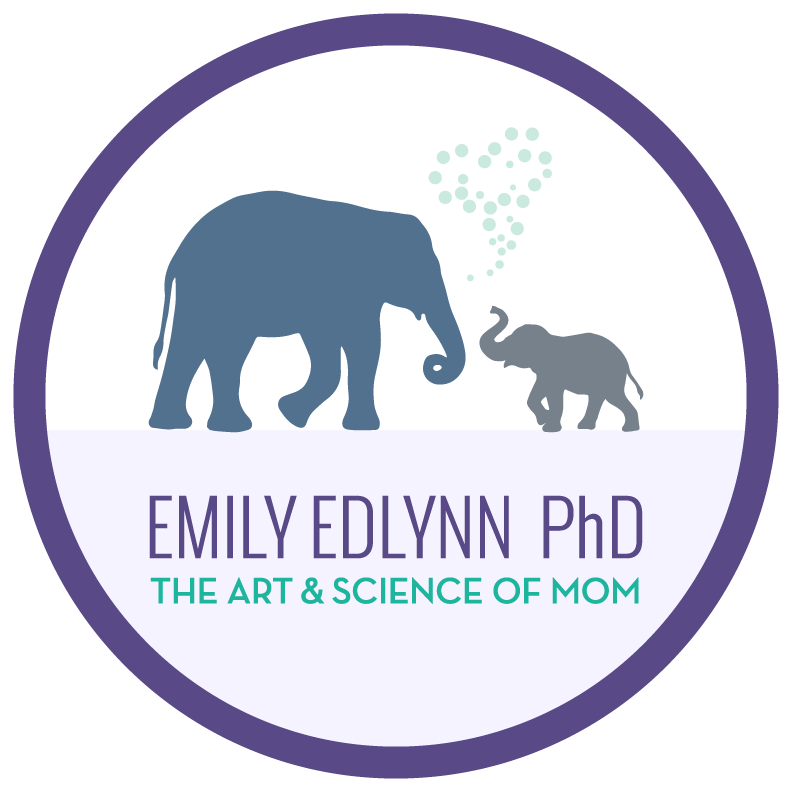Research: A Regular Person's Guide
Science can be like the Bible: if you want to make a point, you can probably find at least one study or statement by a “Dr.” to back it up. You can make yourself miserable and possibly borderline insane if you attempt to parent according to what “research” says. You are probably already sleep-deprived (a well-known risk factor for going insane), possibly chasing a Jekyll-and-Hyde toddler for some of your day (also – risk factor for going insane), and wondering if you and your partner will have an uninterrupted adult conversation today.
You do not need a PhD or science degree to read and understand research, although the media relies on you to think you need their soundbites to digest the information. As we all know, the internet has multiplied this problem of putting out information without solid sources. The media benefits from viewers and readers not taking the time to investigate what they see and hear because it makes the headlines much more sensational. Although these headlines are definitely more attention-grabbing than sitting down with a good old-fashioned science journal, here are some tips to avoid another “vaccines cause autism” debacle.
1. One study means nothing. If one study finds a result, it really does not matter until it happens again . . . by another team of researchers at another location with another study population. In the world of social science, this is called “replication.” SO many factors can accidentally lead to a result, that it is foolish and unethical to state that something has been “discovered” by results of one study. Good and honest researchers state this when they write about their study, always stating, “future studies need to be conducted.” This is by no means as exciting as shouting from the highest mountain tops that “hot dogs cause childhood leukemia,” but it is much more responsible. Not that it would be the worst move to limit hot dog intake in children, but you shouldn’t torture yourself with thinking that you have been feeding your kids cancer sticks for years.
2. Correlation is not causation. This might sound a bit fancy, but this means that just because two things seem to be associated, it does not mean that one CAUSES the other. The classic example from grad school research methods courses is the significant correlation between ice cream and homicide. Does this mean eating ice cream causes murder? No, homicide rates rise in the summer because of all that outdoor loitering into late hours, coupled with ongoing gang tensions; we also eat more ice cream in the summer.
3. Statistics are important. There is a lot that goes into the word, “significant” for “significant findings.” This means that whatever was discovered was greater than a chance discovery, but even then, over-eager researchers can overstate their findings. It is important to know how many people participated in the study – too few can mean nothing no matter the findings; too many can mean there would be statistical significance no matter what you study. There are complicated ways to adjust for the size of the population to make sure the results are meaningful. You don’t need to know all these fancy ways, but just know it is good to ask the question: Is this finding TRULY significant?
4. Publish or perish pressure. (File Drawer problem) Researchers are climbing the ladder like everyone else. There can be a lot of pressure to publish in order to keep your job. This can lead to desperate efforts to make something out of nothing. It is also downright depressing to put in years of work building up a massive study, only to discover that you found out nothing that really matters. This is where putting a spin on results, especially one that captures media attention, can be very tempting.
5. Science is not always right (or Science is right until it's wrong). I believe in science. I consider myself a scientist. Evolution should be taught in schools. Climate change is real. Science is essential to the forward progress of our society. Science can be wrong (see: fat in foods is NOT the devil; fat-free foods are NOT the key to weight loss). Science means well, and sometimes there are mistakes.
I present this list of caveats about research to lay the foundation that some evidence IS important when scanning the multitude of articles popping into our cyber-worlds. There have been some downright dangerous trends that are appealing but do not WORK, and can actually cause harm (haunting examples: the rebirthing movement to treat kids with trauma; blaming schizophrenia in children on “refrigerator mothers”).
Parenting is hard enough – we don’t need the added burden of panicking over the recent headline that working mothers doom their children (they don’t), or breastfed babies are smarter (oversimplifying research – see section on feeding). Let’s add some sanity and reason back into our angst and chaos by asking these questions: 1. What do we really know? 2. What’s true for my child and family?
There have been some downright dangerous trends that are appealing but do not WORK, and can actually cause harm

